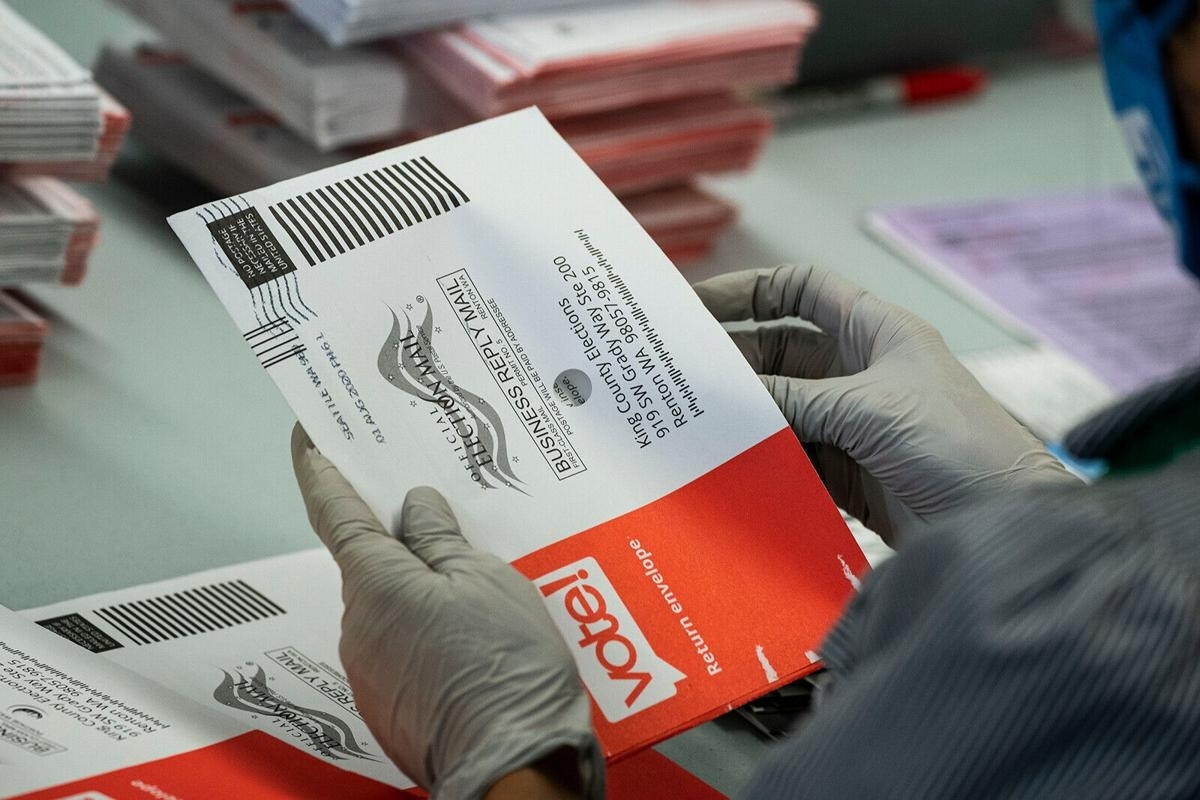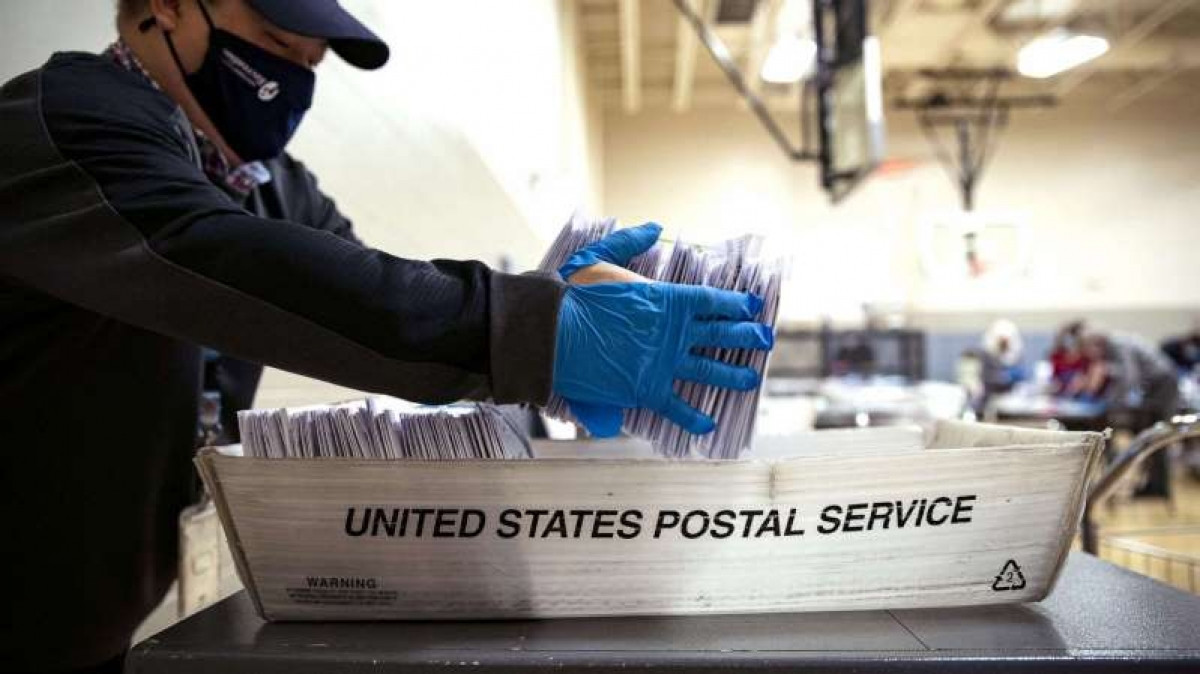How will the US election vote counting process take place this year?
The last day to vote in the 2020 US election is November 3. However, according to experts, this year's votes may not be counted for several days, or even weeks, after that date.
With a record number of mail-in ballots this year, combined with the fact that ballot counting won't begin until Election Day in most states, election officials across the country could be overwhelmed and final results could be released later than usual.
In addition, the issue of the deadline for receiving mail-in ballots has also faced many legal challenges, and some cases have not yet had a final decision when there is less than a week to go until the official Election Day.

President Donald Trump has also made many false claims about fraud, causing many people to doubt the form of voting by mail.
Despite the new complications in this year's election season, experts remain confident that voters' ballots will be fully counted.
“There is every reason why voters can go to the polls with confidence that their votes will be counted. This is a fair and very effective system,” Michael Waldman, president of the Brennan Center’s Law and Policy Institute, told “Good Morning America.”
Ballot processing procedure
The process for counting ballots varies from state to state, and sometimes from county to county. Most states will begin counting ballots as early as Election Day morning, or wait until after the polls close.
Due to the Covid-19 pandemic, some states have changed their regulations, allowing processing to happen earlier to handle the large volume of absentee ballots this election season.
The battleground state of Michigan will begin processing ballots the day before Election Day, which is November 2 this year in cities with more than 25,000 people.
The battleground state of Pennsylvania passed a law earlier this year allowing clerks to begin counting ballots at 7 a.m. on Election Day, rather than waiting for polls to close.
In a recent report, the Brennan Center said that with at least half of the votes expected to be cast by mail, it could take days or even weeks to count the record number of mail-in ballots.

Even in states like Florida, where early ballots can be counted up to 22 days before Election Day, election officials are expected to have to tabulate ballots after November 3 due to the time it takes to process tens of thousands of ballots cast after 7 p.m. on Election Day.Election Day.
Because mail-in ballots take so long to count, voters won't know who the country's new leader will be on election night.
“If it takes longer to get results in this year's election, it's not because of chaos or errors, but because the counting needs to be more careful,” Mr. Waldman said.
Changes and challenges to mail-in ballot deadlines
The last day to vote in person in this year’s election is November 3. Absentee and mail ballots also typically must be received or postmarked by that day, depending on the state. In Washington state, a mail ballot that arrives on November 23 is still valid as long as it is postmarked by November 3.

Due to the Covid-19 pandemic, many states have had to change their election policies and extend the deadline for receiving mail-in ballots, such as Kentucky, Massachusetts, Mississippi, Minnesota, and New Jersey.
In North Carolina, the Court of Appeals has ruled that ballots postmarked by 5 p.m. on Election Day can be accepted through November 12.
It’s different in Wisconsin. After a series of conflicting rulings on whether absentee ballots mailed after November 3 should be counted, a Wisconsin appeals court last week restored the state’s long-standing rule that all ballots count only if they arrive by Election Day.
Indiana and Michigan face similar obstacles as Wisconsin.
Meanwhile, extensions of the deadline for receiving mail-in ballots in North Carolina, Michigan, Minnesota, Georgia and Alabama are still awaiting a final decision from the Supreme Court.
Confirm results
Once the ballots are collected, they are counted, verified, and then officially tabulated to produce the final results – a typical process.
States also set deadlines for recording and certifying election results. These rules also vary from place to place.
According to Ballotpedia, six states must certify their election results within a week of Election Day, 26 states and Washington DC have a deadline between November 10 and 30; 14 states have a deadline in December, and four states do not have a deadline in their state law.
Among the battleground states, the deadlines range from November 11 in Pennsylvania to December 1 in Nevada and Wisconsin, and December 3 in Texas.
The last day for states to resolve any disputes related to the election results is December 8, and the Electoral College will gather in each state on December 14 to officially vote for president and vice president./.
